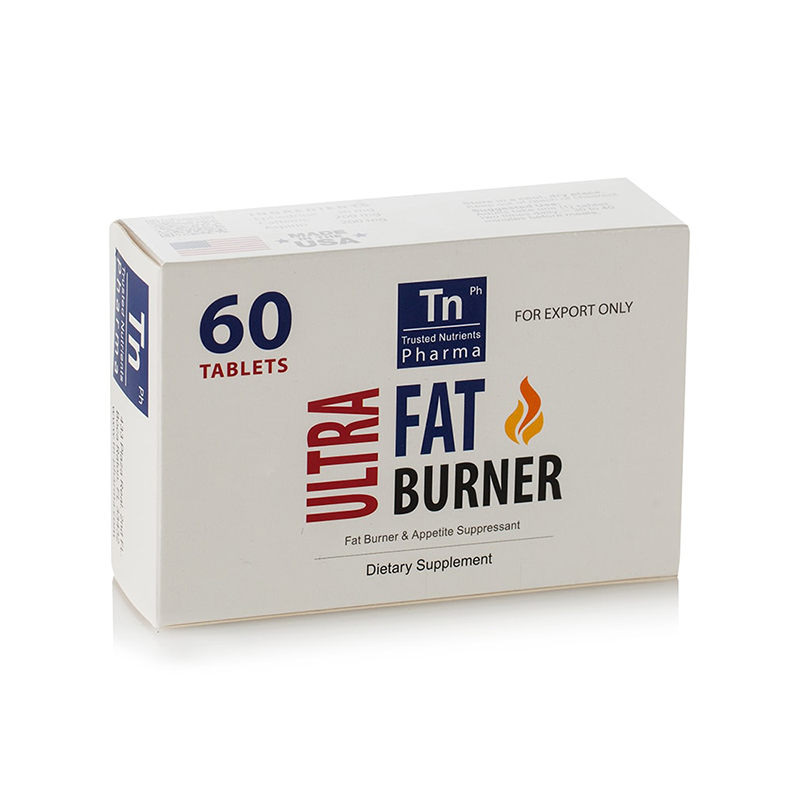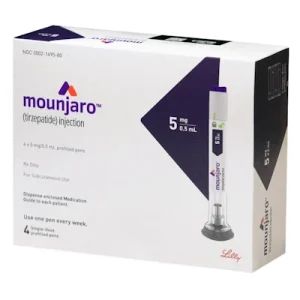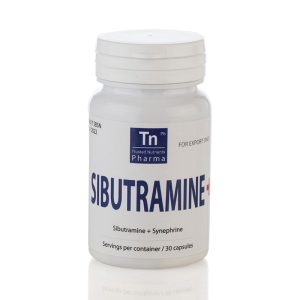Description
Lephedrine is a medicine that has been used for many decades. It has been used as a decongestant, as a means of treating low blood pressure, as well as a means of weight loss due to its powerful thermogenic effect and appetite suppressant effect. Lephedrine has historically been used for over 5000 years in China and India to treat conditions such as colds, fevers, flu, headaches and nasal congestion.
PRODUCT PURPOSE
More recently it has been used as an ingredient in nutritional supplements for weight loss, energy boosting and athletic performance.
The dried stems and leaves of the plant are used to create weight loss capsules and teas. According to some studies conducted by toxicology centers, it has a higher rate of side effects than other herbal products. CAS identification number: 299-42-3.
Although known to increase blood pressure and treat asthma, ephedrine also promotes weight loss, reduces fatigue and treats narcolepsy.
Lephedrine exists in 4 different molecular schemes or isomers. The 4 isomers are classified as true ephedrine or pseudoephedrine, depending on how their chemical structures revolve around their centers.
Pseudoephedrine is a diastereoisomer of lephedrine.This means that although they are made up of the same elements, the two molecules differ in the location of the 2 molecular centers.
Both types are called:
- (+) ephedrine or L-ephedrine
- (-) ephedrine or D-ephedrine
Depending on whether the molecule rotates clockwise or counterclockwise around their centers, respectively.
EPHEDRINE EFFECTS
Ephedrine acts primarily by increasing the release and activity of adrenaline at its receptors. This action increases heart rate, narrows blood vessels, opens airways to the lungs and stimulates the brain.
Stimulates the 3 main types of adrenaline receptors:
- alpha
- beta-1
- beta-2
It specifically targets beta-type adrenaline receptors and increases the production of the diary molecule, cyclic AMP (cAMP). Lephedrine acts on alpha receptors by reducing the production of cAMP. The reduction in cAMP reduces the production of glycogen, sugar and fat.
It can also raise or lower blood pressure depending on the type of beta receptors it targets. By stimulating beta-1 receptors in the heart, it can cause high blood pressure. On the other hand, ephedrine can lower blood pressure by activating beta-2 receptors.
Lephedrine is also a mild cerebral stimulant. Due to its unique structure, it can be easily dissolved by fats and acts directly on the brain. This increases the activity of brain sequences that control emotions (the limbic system).
LEPHEDRINE CAN ALSO WORK IN:
- Direct stimulation of adrenaline receptors
- Blocking adrenaline transporters, which increases the activity of adrenaline, allowing it to stay in the brain longer. It increases heart rate and blood pressure
- Partially inhibits monoamine oxidase (MAO), an enzyme that breaks down adrenaline
- Increase the release and block the uptake of dopamine, which improves physical activity
- Increased acetylcholine release in adrenaline nerves
- Increased serotonin release, which promotes weight loss by suppressing appetite
DOSAGE
Ephedrine can be taken by mouth, nose or by injection and usually lasts up to 6 hours.
In clinical trials, this drug is usually taken in doses of 32 to 65 mg. The adult human body can tolerate up to 4 grams without any negative effects. Prolonged ingestion of 0.2 to 0.225 g does not cause adverse effects.
Children are usually given small amounts, about 0.1 to 0.2 mg per dose.
Order Ultra Fat Burner with delivery to your address.
SIDE EFFECTS OF LEPHEDRINE
Use of the product may cause side effects. They are mainly due to its ability to intensively stimulate the central nervous system. Side effects include hand tremors, insomnia, rapid heartbeat, dizziness and/or headache. Sometimes there is a general feeling of unease. If you experience such sensations, stop taking Ultra Fat Burner.




